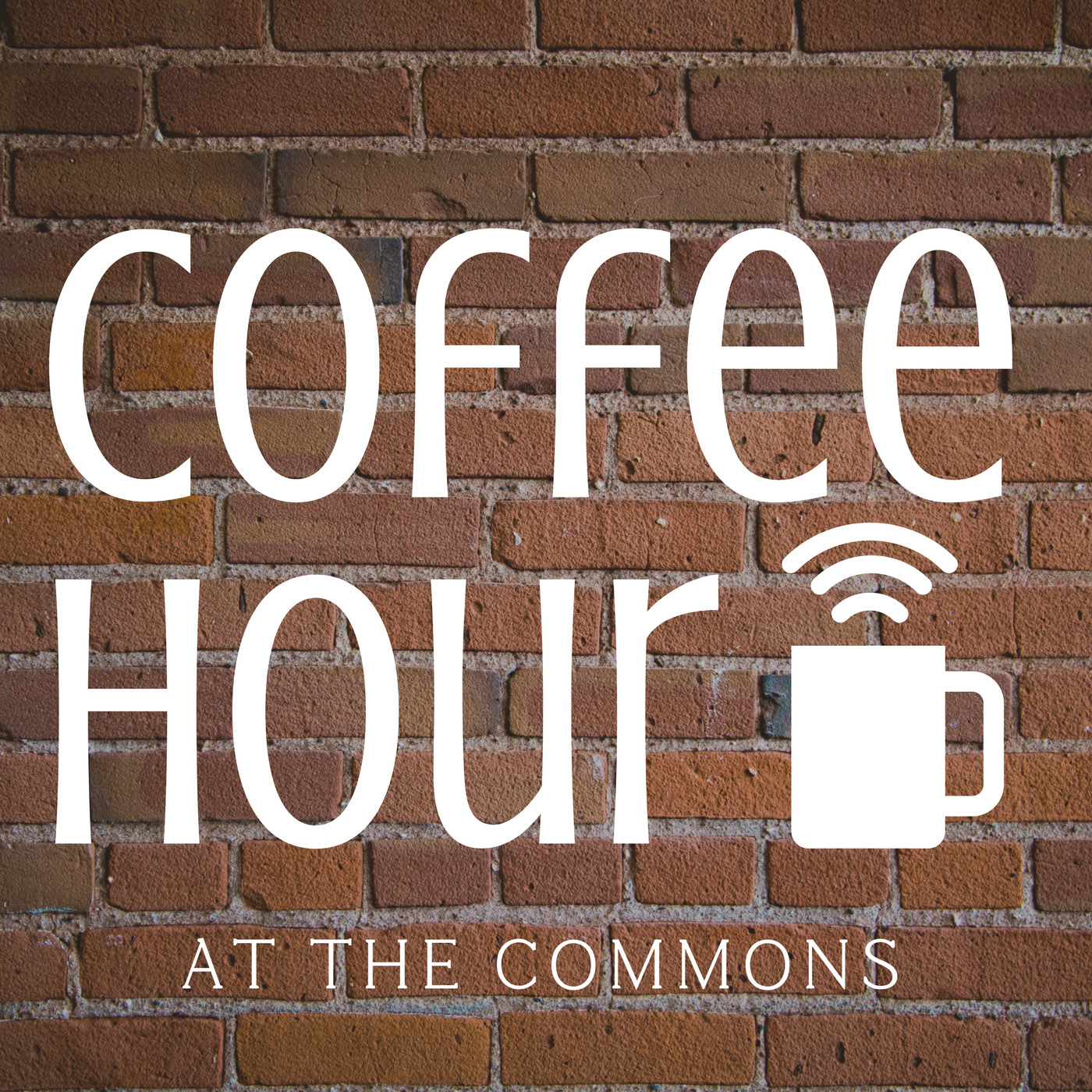- religion
- SEE MORE
- classical
- general
- talk
- News
- Family
- Bürgerfunk
- pop
- Islam
- soul
- jazz
- Comedy
- humor
- wissenschaft
- opera
- baroque
- gesellschaft
- theater
- Local
- alternative
- electro
- rock
- rap
- lifestyle
- Music
- como
- RNE
- ballads
- greek
- Buddhism
- deportes
- christian
- Technology
- piano
- djs
- Dance
- dutch
- flamenco
- social
- hope
- christian rock
- academia
- afrique
- Business
- musique
- ελληνική-μουσική
- World radio
- Zarzuela
- travel
- World
- NFL
- media
- Art
- public
- Sports
- Gospel
- st.
- baptist
- Leisure
- Kids & Family
- musical
- club
- Culture
- Health & Fitness
- True Crime
- Fiction
- children
- Society & Culture
- TV & Film
- gold
- kunst
- música
- gay
- Natural
- a
- francais
- bach
- economics
- kultur
- evangelical
- tech
- Opinion
- Government
- gaming
- College
- technik
- History
- Jesus
- Health
- movies
- radio
- services
- Church
- podcast
- Education
- international
- Transportation
- Other
- kids
- podcasts
- philadelphia
- Noticias
- love
- sport
- Salud
- film
- and
- 4chan
- Disco
- Stories
- fashion
- Arts
- interviews
- hardstyle
- entertainment
- humour
- medieval
- literature
- alma
- Cultura
- video
- TV
- Science
- en
Episode 42: Archives: the quilting point of our history with Greg Farr

Today's guest in Greg Farr, archivist for the Episcopal Church in Connecticut since last October. His office is at The Commons.
Greg is not entirely new to ECCT, as he helped transport and set up the archives at The Commons in Meriden from the old Diocesan House in Hartford in 2016.
Before working for ECCT, Greg ran the medical library and archives of the Austen Riggs Center in Stockbridge, MA, a hospital celebratings its centennial this ,year that sponsors one of the largest - and some say finest - psychoanalytic libraries on the east coast. Greg first got into archival work at Monticello, working on the presidential catalogue of Thomas Jefferson.
Greg received his Masters in Library & Information Sciences from Drexel University. In the article introducing Greg to ECCT, he said he was looking forward to advocating the history and value of archives and the knowledge maintaining history provides, especially here in Connecticut.
Beyond ECCT, Greg likes to read theology and play guitar. He lives with his wife in Colebrook, which he calls the "icebox of Connecticut," and they have three grown children.
Greg starts out by saying how much he enjoys being in his current position, and how he likes that ECCT's history parallels U.S. history. He talked about what's in our archives, the different types of media, and how much space it takes up.
Greg shares his thoughts about how the Anglican Church, later to be The Episcopal Church, contributed, as an organization, to the development of the US. He thinks of the Church as like a quilting point.
Next he shares some of the interesting finds from his work in the ECCT archives, some of which have come through requests from researchers. (Was the sexton of a St. Paul's in New Haven murdered in the 1850s? Was there an African Mission Society in the 1830s and was Frances Scott Key really on its board?)
Some of Greg's work is now to convert our holdings to accommodate digital access, he said, but he still works with paper a lot. In response to a question from Alli, Greg says that there are many ways that the archives and his role as archivist can assist parishes — from providing founding documents to blueprints. He is also available to visit parishes and assist with keeping records and preservation. He suggests to parishes to keep all minutes, records, etc.
Greg talks about his work with Monticello and how he went from a ticket salesperson to working on President Jefferson’s retirement library. One thing that really stood out to Greg was Jefferson’s copy of the French Encyclopedia, one of the firsts of its kind. After his work with Monticello, he went to grad school in Boston and worked with Elie Wiesel, which shaped his understanding of memory and identity. His love for archives came from a project he worked on at Episcopal Divinity School.